Frequently Asked Questions About Bankruptcy and Bankruptcy Law
What is consumer debt?
A consumer debt is any debt you voluntarily incur to pay for personal, family or household expenses. For example, buying a gaming console would be a consumer debt if that console was used to entertain your kids or other family members and friends. However, if the gaming console was purchased for an arcade business, it would be considered a business debt according to bankruptcy rules. Read more
What is business debt?
A business debt is any debt that is not a consumer debt. So, a business debt could technically be a debt that isn’t specifically for a business but that doesn’t fall under the consumer debt category. For example, in most jurisdictions, medical debt is not considered a consumer debt—it’s considered a non-consumer debt so it would technically fall under the business debt category. Also, income taxes are not considered consumer debts, and this is an important consideration when filing for bankruptcy because the amount of consumer debt you have will impact your ability to file certain types of bankruptcy. Read more
What is Chapter 7 bankruptcy?
Chapter 7 is a liquidating bankruptcy: The goal is to wipe out, or “discharge,” most if not all debt, and keep most if not all property. Read More
What is Chapter 11 bankruptcy?
Chapter 11 is for businesses that wish to reorganize and pay their debts over time. Chapter 11 is also for individuals with high income who need to make payments over time for various reasons.
What is Chapter 13 bankruptcy?
Chapter 13 is a bankruptcy filed by an individual and is typically filed if either that individual has income over a certain level (depending on where you live and household size) or assets that are not exempt from creditors. If the debtor has assets not exempt from creditors, a Chapter 13 bankruptcy is the way that you keep those assets, as your Chapter 13 plan will allow you to pay out the value of those assets in payments over three to five years.
What is contingent liability?
Contingent liabilities are potential liabilities that could arise in the future when some event happens like the breach of a lease. Read More

